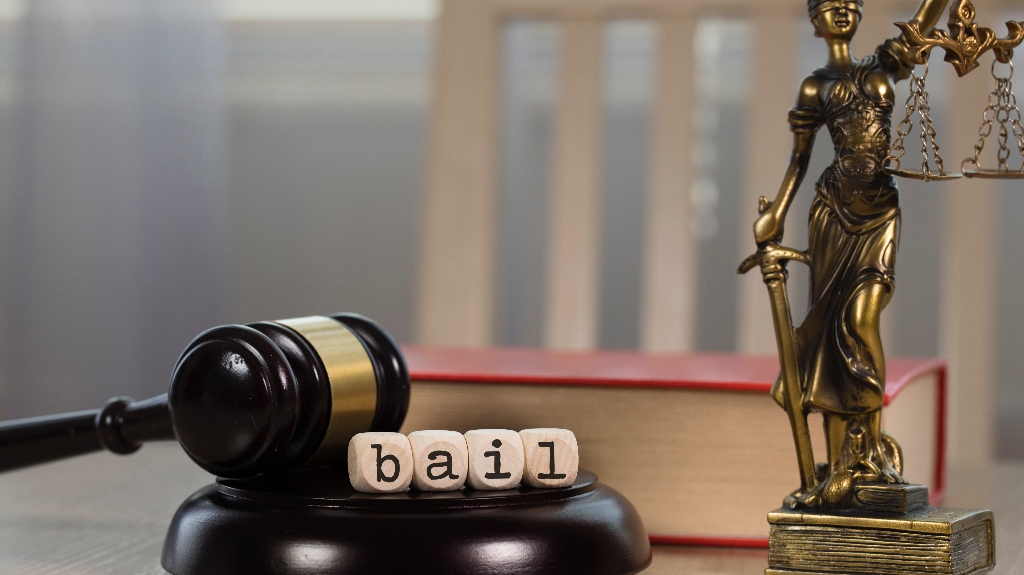How Bail Is Determined in Wisconsin Criminal Cases
Being arrested in Wisconsin is not only stressful but also disorienting. After dealing with officers, paperwork, and flashing lights, you’re now sitting in a cell, wondering what comes next. The biggest question for most people is: When can I go home?
Bail allows you to return to your normal life while your case moves through the courts. But how is bail determined in Wisconsin criminal cases? Here is what you need to know about how judges decide who gets released and under what conditions.
What Is the Purpose of Bail?
While bail may seem like a punishment, that is not its intended purpose. In Wisconsin, bail makes sure you show up for future court dates and do not commit new crimes while you are out. Under the Wisconsin Constitution and state statutes, bail should be reasonable, fair, and based on your individual situation.
Judges balance your right to freedom with the court’s interest in keeping the public safe.
The Initial Appearance
After you are arrested and booked, your first court appearance happens within 48 hours. At this stage, the judge will review the charges and decide whether to set bail, and if so, determine the amount.
If you are facing a misdemeanor, bail might be set quickly or waived altogether. For felony cases, the process can seem more formal. The judge will hear from both the prosecutor and your defense attorney before making a decision.
First impressions matter at this hearing. The judge will want to know who you are, what you do for a living, whether you have a stable home, and if you’ve been in trouble before. Those details go a long way toward shaping the court’s confidence in your reliability.
What Factors Do Judges Consider?
Wisconsin judges are guided by Wisconsin Statute § 969.01. That sets the specific factors for them to consider. These include:
- The nature and seriousness of the offense: Violent crimes or serious felonies almost always come with higher bail amounts than minor misdemeanors.
- The strength of the evidence: If the prosecution’s case looks strong, the judge might assume there’s a higher chance you will skip town to avoid conviction.
- Your criminal record: A clean record works in your favor, but those prior failures to appear in court could hurt you.
- Your ties to the community: If you have family in Wisconsin, steady employment, or property ownership, that suggests you are not likely to flee.
- History of drug or alcohol abuse: If substance abuse played a role in your arrest, the court may add conditions like mandatory treatment or testing.
- Risk to public safety: If there’s any concern you might reoffend or threaten someone while out, that’s a major risk factor.
What Are the Conditions of Release?
If you are granted bail, your freedom may come with strings attached. Wisconsin courts often add conditions of release, such as:
- No contact with alleged victims or witnesses
- Abstaining from drugs and alcohol
- Avoiding certain places or people
- Surrendering your passport or firearms
- Checking in regularly with pretrial services
Breaking these conditions can lead to bail revocation and a trip back to jail.
Do You Need a Defense Lawyer During This Time?

When your freedom is on the line, you will want to reach out to a Wisconsin criminal defense lawyer. A good lawyer can argue for your release on minimal conditions, present strong evidence of your ties to the community, and counter the prosecutor’s narrative that you’re a flight risk or danger.
Without that legal help, you could end up sitting in jail longer than necessary, even if you have not been convicted of anything yet.
Get the Legal Help You Need for Your Case
There are several factors that specify how bail is determined in Wisconsin. The amount and type of bail depend on who you are, what you’re accused of, and how the judge views your reliability.
If you or someone you love is facing criminal charges, you want a skilled defense lawyer on your side. At Melms Law, we are ready to help with your case. Schedule a consultation today.



